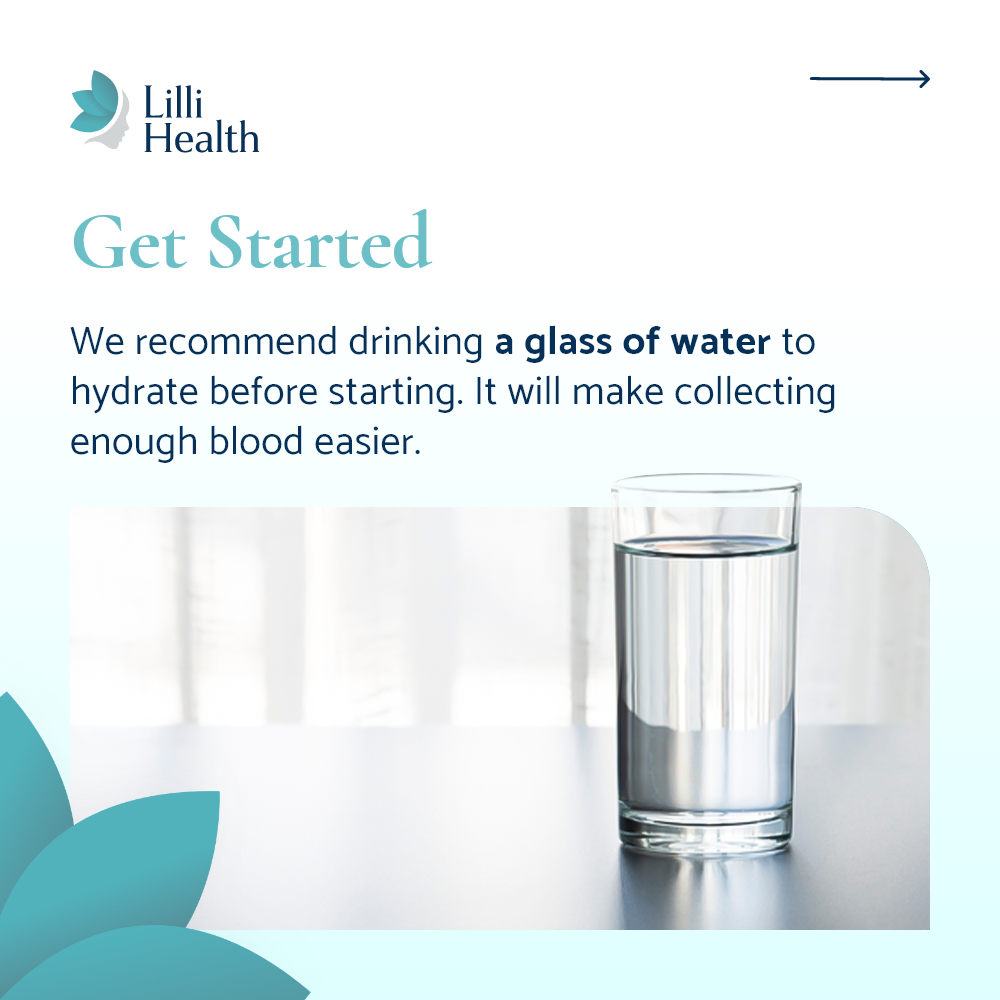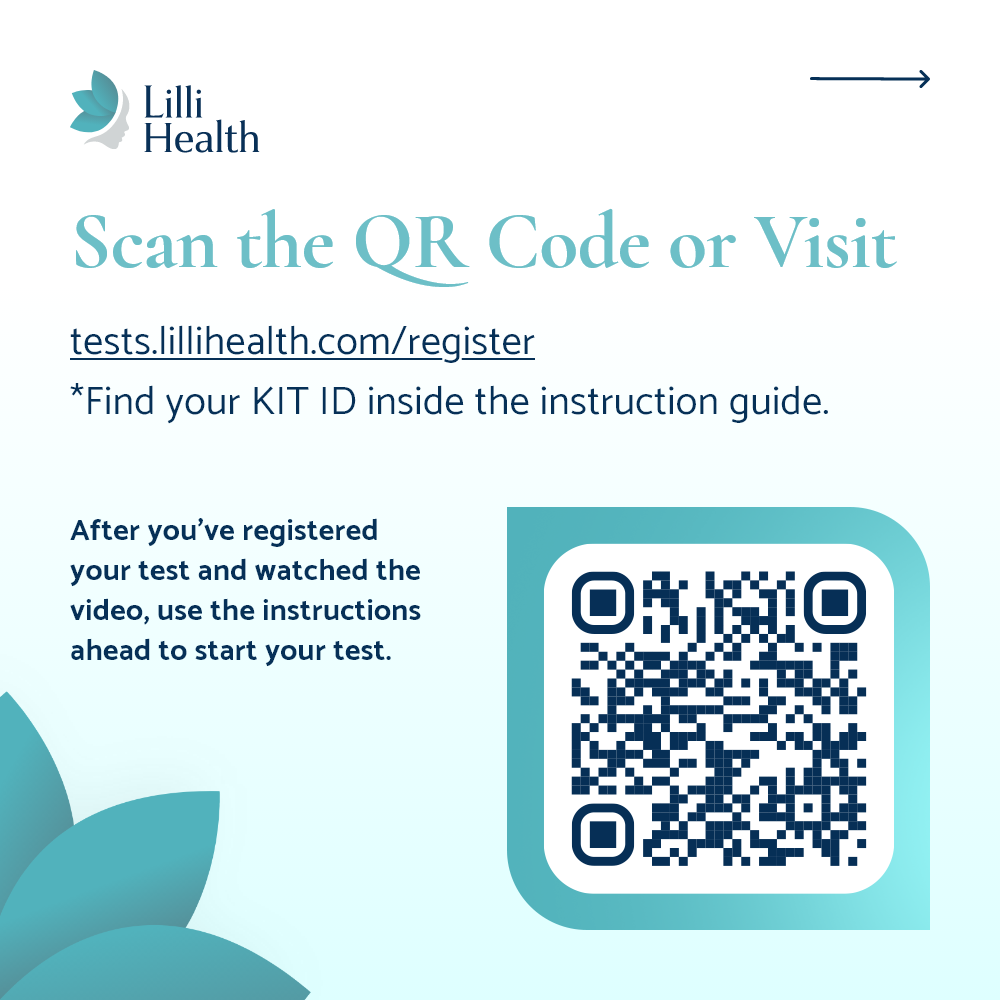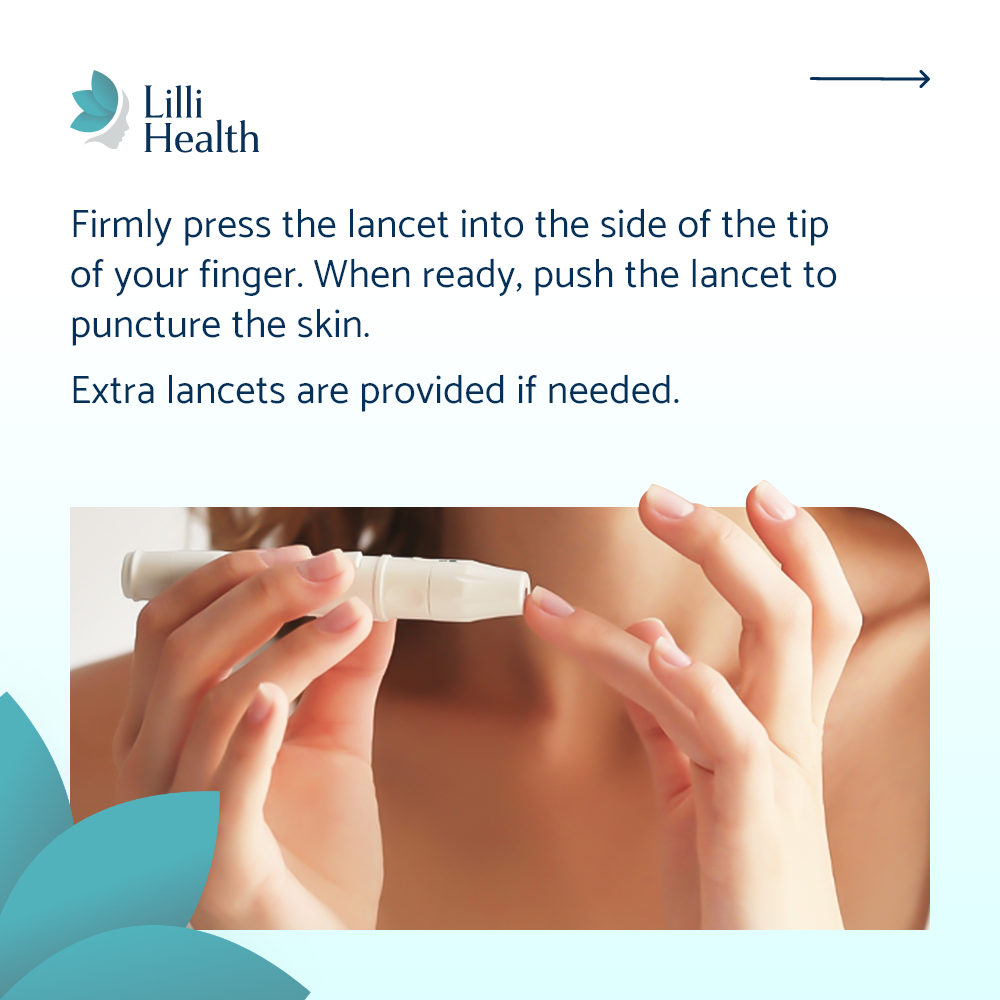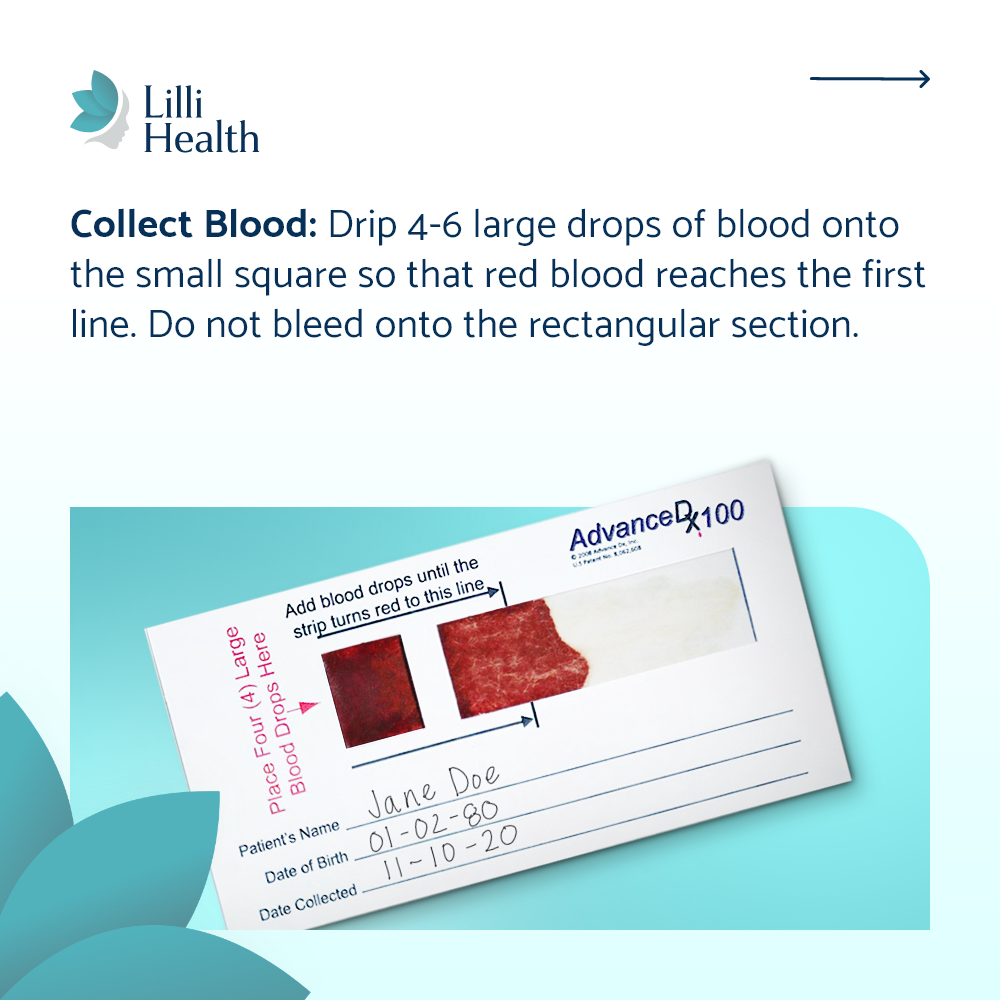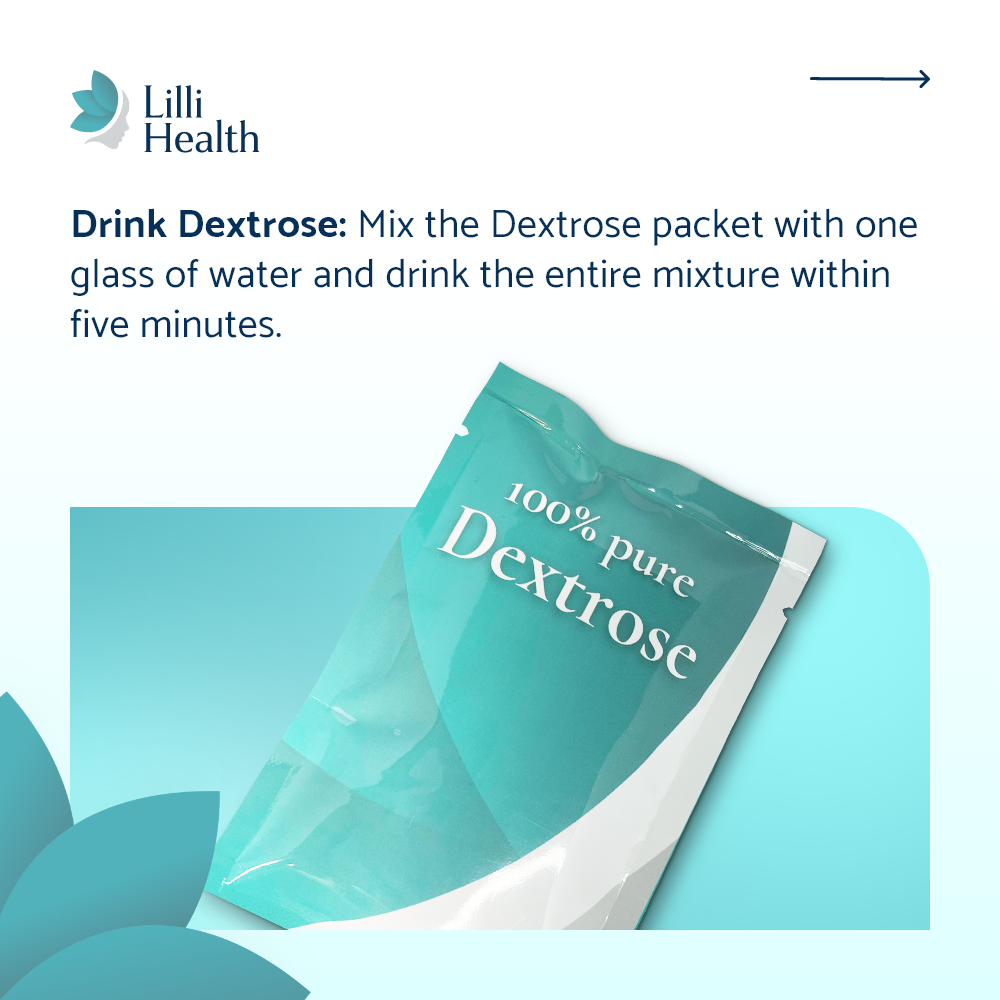

Preconception Health: If You’re Trying to Conceive, Lowering Insulin Should Be Your First Priority
Most people wait until they’re pregnant to start “getting healthy.” But here’s the truth: Your health before pregnancy lays the foundation for everything that comes next.
And the most powerful thing you can do before you ever see a positive test? Get serious about a Low Insulin Lifestyle.
Why Insulin Matters Before Pregnancy
Insulin isn’t just about diabetes or weight—it’s the master hormone that sets the tone for your entire reproductive system. And most women have no idea it’s elevated, because we’re not routinely testing for it.
But elevated insulin impacts:
- Egg development
- Ovulation
- Implantation
- Hormone balance
- Placental health
- And long-term outcomes for your baby
So whether you’re actively trying or just thinking about pregnancy in the next year or two, now is the time to get your insulin levels in check.
Why It Matters
Following a Low Insulin Lifestyle before pregnancy leads to:
A Healthier Metabolism Going In – You don’t want to start pregnancy already insulin resistant. Doing so increases your risk of gestational diabetes, preeclampsia, and excessive weight gain—and can impact your postpartum recovery, too.
Healthier Eggs – Your eggs mature over a 90-day window before ovulation. Lowering insulin during that time supports better mitochondrial health and less oxidative stress—both crucial for egg quality.
Normal Ovulation – High insulin disrupts the hormonal signaling required for regular ovulation. Lowering insulin can restore your natural cycles—no fertility drugs needed.
Improved Implantation – Implantation isn’t just about timing—it’s about the metabolic environment. High insulin can make the endometrium less receptive. Lowering it helps the embryo stick.
Stronger Placental Development – Early placental growth is sensitive to insulin. Too much insulin in early pregnancy has been shown to be as toxic as chemotherapy drugs. (Yes, it’s that serious.)
Overall Faster Path to Pregnancy – Lowering insulin improves every one of these critical steps for a successful pregnancy, and can boost IVF success if you need it (though many find they don’t once their insulin is under control).
Because It’s Not Just About You
Here’s the part no one talks about: Insulin resistance begins in the womb.
That means your baby’s long-term metabolic health—risk for PCOS, insulin resistance, and even type 2 diabetes—can be shaped by your insulin levels during pregnancy. The best gift you can give your future child is a metabolically healthy start. High insulin and testosterone levels during pregnancy can actually lead to genetic changes in your baby girl, increasing her risk of developing PCOS later in life, so start now to give her the healthiest start possible.
And that begins before that positive pregnancy test…
What You Can Do Now
-
Reduce or eliminate starches, sugar, and excess dairy (especially milk and whey)
-
Prioritize protein, healthy fats, whole fruits, and non-starchy vegetables
-
Walk daily, especially after meals
-
Get your fasting and 2-hour insulin levels tested
-
Stop grazing all day—give your pancreas a break
Even just a few weeks of this can dramatically improve your metabolic health—and your fertility.
Bottom Line
Healthy pregnancies don’t start the day you get a positive test—they start months before, with the metabolic signals your body is sending.
Whether you’re trying to conceive now or just planning ahead, following a Low Insulin Lifestyle can help you get pregnant faster and give your baby the healthiest start possible
References
Hivert MF, et al. Gestational Diabetes: Pathophysiology from preconception, during pregnancy, and beyond. Lancet. 2024. Read more
Rezai S, et al. Diabetes prevention: Reproductive age women affected by insulin resistance. Womens Health (Lond). 2016. Read more













